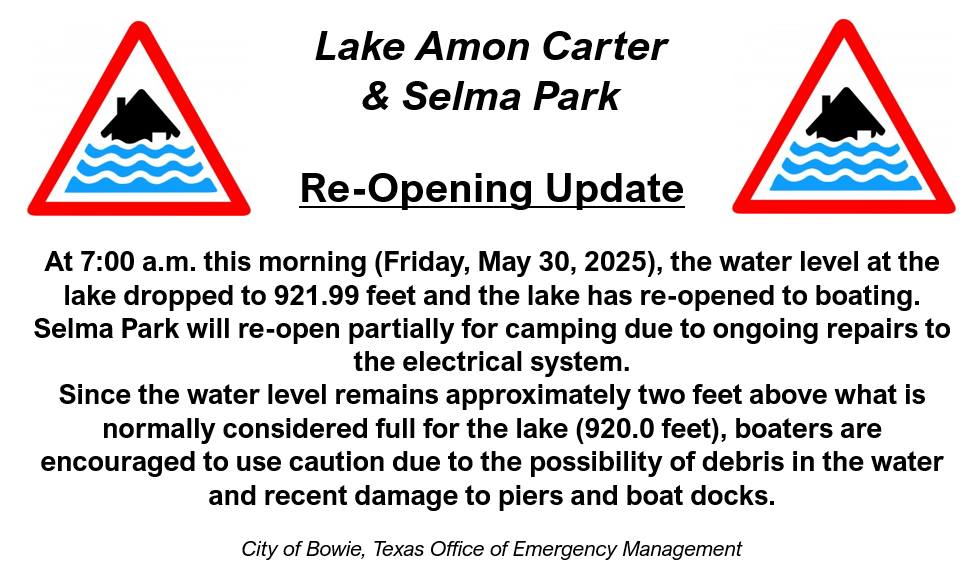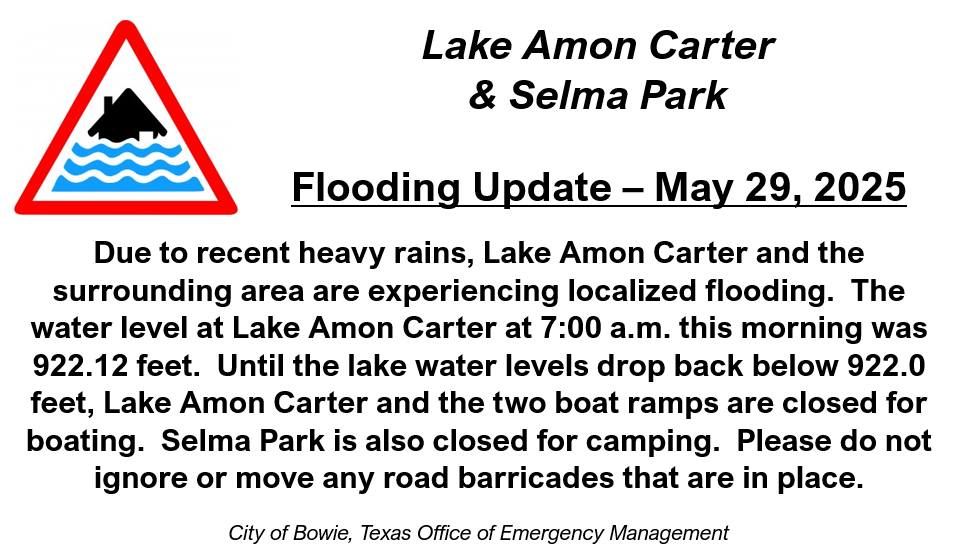NEWS
ERCOT updates minimum operating reserves for emergency conditions

(Austin, TX) As part of ERCOT’s reliability-first approach to grid operations, ERCOT today announced an update to the emergency operations reserve levels. ERCOT has increased the minimum operating reserves (MW) requirements for emergency operations for each of its three Energy Emergency Alert (EEA) levels.
“The generation resource mix that powers the grid has changed, and how we operate the grid has evolved with it,” said ERCOT Senior VP and COO Woody Rickerson. “By increasing the minimum reserve levels for the different EEA levels, we are better representing system requirements during emergency conditions.”
ERCOT periodically studies the level of online reserves that must be preserved to maintain system reliability even during emergency conditions. That level of reserves has increased as the resource mix has changed, with more wind, solar, and battery storage resources supplying power during emergency conditions.
ERCOT will now require a baseline minimum operating reserve for EEA 3 of 1,500 MW, which automatically increases EEA 1 and EEA 2 reserve levels, as follows:
- EEA 1 will occur if reserves reach 2,500 MW (previously 2,300 MW) and are not expected to recover within 30 minutes.
- EEA 2 will occur if reserves reach 2,000 MW (previously 1,750 MW) and are not expected to recover within 30 minutes, or if frequency has dropped below 59.91 Hz for 15 minutes (previously 30 minutes).
- EEA 3 will occur if reserves drop below 1,500 MW and are not expected to recover within 30 minutes, or if frequency drops below 59.8 Hz for any period of time. If either situation occurs, ERCOT would require Transmission and Distribution Service Providers (TDSPs) to implement controlled outages, which impact residential, commercial, and industrial users. (Previously, an EEA 3 was issued when ERCOT’s operating reserves dropped below 1,430 MW. When operating reserves dropped below 1,000 MW, and were not expected to recover within 30 minutes, controlled outages were activated.)
Grid Conditions Page
ERCOT has updated the Grid Conditions Page to align with these changes. More information on grid condition levels can be found at https://www.ercot.com/gridmktinfo/dashboards/gridconditions.
Changes to Notices Issued to Generators (via Market Notices)
ERCOT will now issue a Watch to generators and other Market Participants, when operating reserves drop below 3,000 MW and are expected to remain below that level for 30 minutes.
ERCOT will also eliminate the Advisory notification that was previously issued to generators and other Market Participants when operating reserves dropped below 2,500 MW.
Stay Updated
- Subscribe to ERCOT EmergencyAlerts, which are automated notices only sent under emergency conditions.
- Sign up for TXANS notifications on the TXANS webpage to receive additional information on grid conditions. TXANS notifications are not Energy Emergency Alerts (EEAs).
- Download the ERCOT app (available through the Apple Store or Google Play).
- Monitor current and extended conditions on our website at ERCOT.com.
- Follow ERCOT on Twitter (@ERCOT_ISO), Facebook (Electric Reliability Council of Texas), and LinkedIn (ERCOT).
Technical Details
ERCOT reviewed system inertia during the period of January 2019 through June 2022 in which operating reserves on the system were low (3,000 MW or less) and identified a minimum inertia value during this period of 200 GW-seconds. ERCOT performed simulations of the loss of the largest single unit contingency with 200 GW-seconds of system inertia and found that the system must maintain 1,500 MW of operating reserves to avoid potential Under-Frequency Load Shedding (UFLS) activation.
Inertia refers to the kinetic energy stored in large rotating generators in conventional generation Resources. System inertia resists changes to system frequency that occurs when a generator-to-load imbalance occurs. Inverter-based resources (wind, solar, and battery storage) do not have rotational inertia.
NEWS
Amon Carter Lake reopens
NEWS
Non-profit clubs, groups invited to submit meeting or news brief for visitor guide

Calling all Montague County clubs, organization and community groups, if you would like to have a brief on your non-profit group included in the 2025 Montague County Visitor’s and Newcomer’s Guide free of charge please submit it to editor@bowienewsonline.com. Deadline is June 6. Please include i.e , regular meeting dates, locations, time, dues, and contact phone or email. Don’t miss an opportunity to be in this award winning publication.
NEWS
Lake Amon Carter, Selma Park remain closed
-

 NEWS3 years ago
NEWS3 years ago2 hurt, 1 jailed after shooting incident north of Nocona
-

 NEWS2 years ago
NEWS2 years agoSuspect indicted, jailed in Tia Hutson murder
-

 NEWS2 years ago
NEWS2 years agoSO investigating possible murder/suicide
-

 NEWS2 years ago
NEWS2 years agoWreck takes the life of BHS teen, 16
-

 NEWS2 years ago
NEWS2 years agoMurder unsolved – 1 year later Tia Hutson’s family angry, frustrated with no arrest
-

 NEWS2 years ago
NEWS2 years agoSheriff’s office called out to infant’s death
-

 NEWS2 years ago
NEWS2 years agoBowie Police face three-hour standoff after possible domestic fight
-

 NEWS3 years ago
NEWS3 years agoDriver stopped by a man running into the street, robbed at knifepoint








